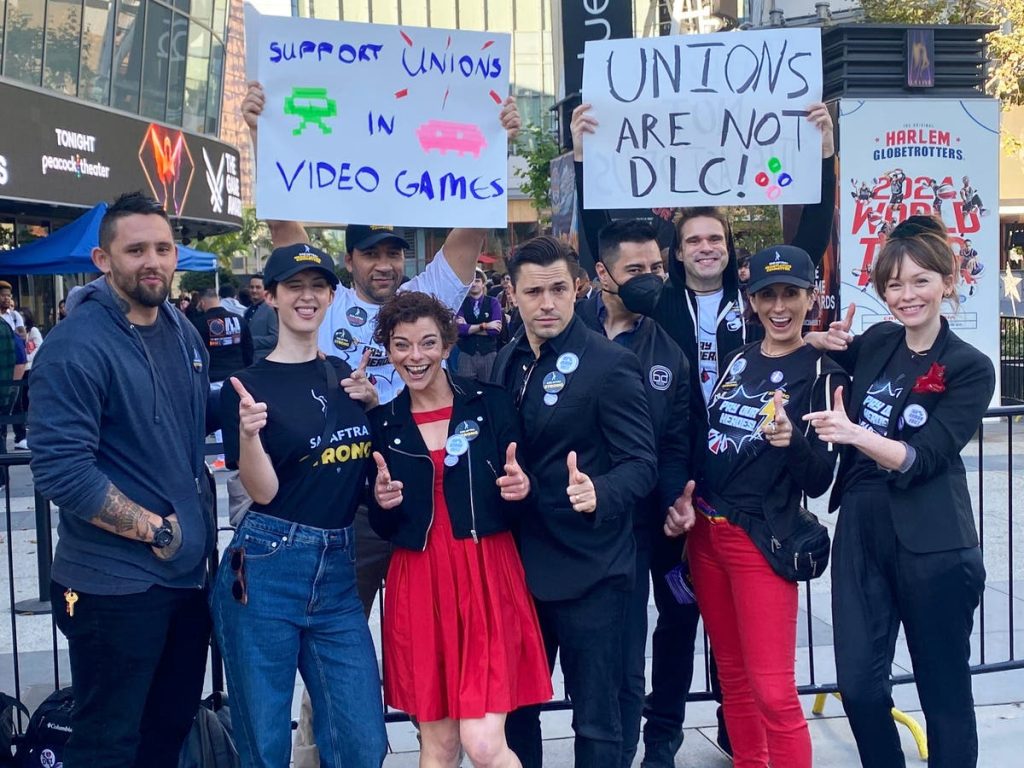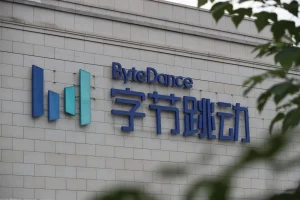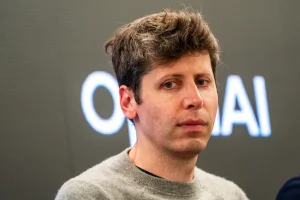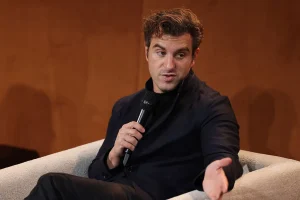Video Game Industry Faces AI and Unionization Challenges

Artificial Intelligence (AI) is making waves in the Gaming Industry. From creating dynamic character interactions to reducing production costs, AI is revolutionizing the way games are developed. Major companies like Square Enix and Tencent are heavily investing in this technology. Meanwhile, developers and voice actors are pushing for unionization in response to job security concerns and ethical issues. Many fear that AI could eventually replace their roles. This trend has sparked significant discussions and actions, especially in the face of mass layoffs.
AI in Gaming: Boon or Threat?
Artificial Intelligence (AI) is making waves in the gaming industry. From creating dynamic character interactions to reducing production costs, AI is revolutionizing the way games are developed. Major companies like Square Enix and Tencent are heavily investing in this technology. Russell Harding of Saltwater Games explains, “It empowers us to do things that we couldn’t do.” However, this AI revolution comes with its own set of challenges.
The use of AI is stirring up concerns among game developers. Chrissy Fellmeth of the International Alliance of Theatrical Stage Employees (IATSE) notes that AI is causing anxiety among creative professionals like concept artists and writers. Many fear that automation could make their jobs obsolete. Additionally, the industry’s rapid shift towards AI is raising ethical issues, including the unauthorized use of performers’ voices and likenesses.
The Push for Unionization
As the threat of AI looms, there is a growing push for unionization within the gaming industry. Developers are banding together to protect their jobs and improve working conditions. Since 2018, a steady increase in unionized studios has been observed. Recent mass layoffs have only accelerated this trend. Union leaders argue that collective action is the most effective way to combat the unilateral decisions made by companies.
Voice actors are at the forefront of this movement. Represented by SAG-AFTRA, performers recently forced film and TV studios to agree on new AI restrictions after a 118-day strike. Duncan Crabtree-Ireland, the union’s national executive director, warns that a similar strike in the gaming industry is not far off. “We’re talking weeks, not months,” he says. Crabtree-Ireland emphasizes the urgency of the situation, stating that companies must decide to treat performers fairly or face the consequences.
Impact on Voice Actors
Voice actors have been particularly vocal about their concerns. In a recent poll by the US National Association of Voice Actors, 12% of respondents reported losing jobs to AI-generated voices. Additionally, only 10% agreed to have their voices replicated by AI, while 6% said it had been done without their permission. SAG-AFTRA is fighting for better contractual protections.
Some actors have experienced unauthorized use of their voices in problematic ways. Instances include their voices being used in unofficial, sometimes inappropriate content. This unethical practice has led the union to push for clauses that require informed consent and offer veto power over the use of digital replicas. Therefore, securing additional compensation for each use of a digital replica is also a key demand.
Negotiation Challenges
Negotiations between unions and game companies have been slow. Despite some progress, significant gaps remain, especially concerning protections for different types of performance. While companies have tentatively agreed to voice acting protections, they have yet to extend these to face or motion capture.
Union representatives argue that they are not asking for much—just fair treatment and reasonable protections. However, the reluctance of companies to fully commit has led to increasing tensions. Some union members have even authorized a strike, which could happen if negotiations do not yield satisfactory results soon.
The companies, on their part, claim to be negotiating in good faith. They highlight the tentative agreements on the majority of proposals as evidence of their willingness to reach a deal. However, the unions remain skeptical, urging for more concrete actions rather than promises.
Broader Union Activity
Union activity is not limited to just voice actors. Since 2022, numerous game workers have formed unions at companies like Sega of America and Activision Blizzard. Quality assurance workers, often overlooked in the industry, have also been active in these efforts.
The main driver behind this surge in unionization is the current wave of layoffs. Many workers are frustrated by the instability and poor management within the industry. These challenges have fueled a collective desire for better job security and working conditions.
The sense of urgency is palpable. At a recent Game Developers Conference (GDC), attendees gathered to express their frustrations collectively. Sarah Elmaleh, a veteran voice actor, describes the current moment as unprecedented in terms of layoffs and instability. The call for responsible management and better conditions is louder than ever.
Future Outlook
The future of AI in gaming and the industry’s response to it remains uncertain. While some see AI as a tool for innovation and efficiency, others view it as a threat to job security and creative integrity. The coming months will be crucial in determining how these issues are resolved.
Union leaders believe that there is a narrow window of opportunity to set terms before AI fully takes over. Chrissy Fellmeth stresses the importance of acting now: “Your leverage now is that they still need you.” This sentiment echoes throughout the industry as workers and unions push for fair treatment and equitable conditions.
The gaming industry stands at a crossroads, with AI advancements and unionization efforts intersecting in complex ways. On one hand, AI promises to revolutionize game development, offering new opportunities for innovation and efficiency. On the other hand, it raises significant concerns about job security and ethical considerations. As developers and voice actors push for fair treatment and protections, the industry’s future remains uncertain. What is clear is that the next few months will be crucial in shaping how AI and unionization coexist, ultimately determining the landscape of the gaming world.





